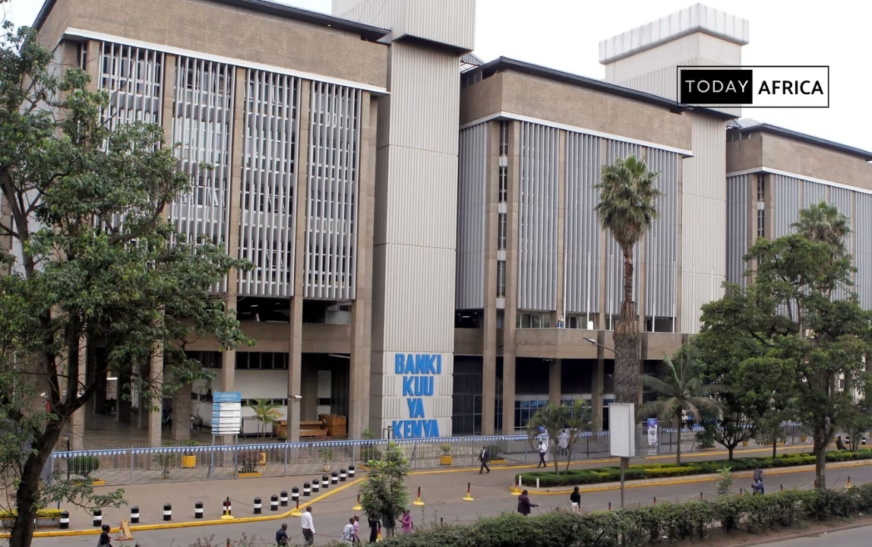Sabou Capital to invest up to $1.5 million in 25 African SMEs in agriculture and agroprocessing, renewable energy and climate, supply chain, logistics, and mobility sectors.
Sabou Capital, launched by Surayyah Ahmad, a two-time cofounder, to bridge investment gaps in Anglophone and Francophone Africa.
The name Sabou is derived from “Sabo,” a Hausa word meaning rebirth or renaissance, blended with a French tonation. The fund is taking a different approach from traditional venture capital firms, targeting SMEs that are primed for scale but lack structured financial support.
Unlike funds focused on high-growth tech startups, Sabou, which styles itself as a micro-private equity firm, is investing in businesses that use technology to improve operations rather than being purely tech-driven.
Ahmad, who co-founded Aduna Capital, said differences in vision at Aduna Capital—which remains active as an angel investment group in Northern Nigeria—led to the creation of Sabou Capital, with a broader focus on SMEs in secondary cities across Nigeria, Senegal, and Côte d’Ivoire.
“Our team was well aligned on the ‘what’ and the ‘why,’ which many co-founders consider the most crucial, while little focus was given to the ‘how,’” said Ahmad. “This was a learning point for me as I discovered that even the scale of impact one wants to make differs from person to person.”
The fund expects a modest 2-3x return on investment—closer to the 3- 5x range typical of private equity—compared to the high-risk 10x expectations of venture capital. By targeting companies that fall outside the traditional VC model, Sabou Capital will compete with private equity firms such as Aruwa Capital, Afrinvest, and Catalyst Fund.
“We are more of a hybrid—looking at SMEs with growth potential, not necessarily VC-scale, but with unmet demand that can leverage funding and technical assistance to grow. Think of us more like a micro-PE,” he said.
Read Also: Central Bank of Kenya sets 18-month deadline for banks to disclose climate risks
Sabou’s differentiated approach furthers an argument that most African startups don’t fit the mold of the typical venture capital model.
“Because most companies on the continent are actually SMEs and do not fit into the definition of VC-backed companies,” Ahmad said. “There are a few that are VC backable, but then that will mean most investors backing the same companies without a differentiated portfolio.”
The fund is also adopting a gender-lens investment approach, prioritizing funding for women entrepreneurs.
“For every dollar invested in a woman, the return is 2x,” Ahmad noted. “Yet women face disproportionate barriers to funding. They often lack the networks and resources to go out and raise capital.”
Ahmad, who previously struggled to access funding as an SME founder in Northern Nigeria, understands these barriers firsthand.
“It wasn’t possible for me at the time to travel to Lagos for fundraising. I ended up raising from a family office in Northern Nigeria, which ultimately led to selling my company before we were ready,” he said.
To support its portfolio companies, Sabou Capital will offer technical assistance to ensure businesses have strong corporate governance, financial management, and operational systems in place before deploying funding.
“We provide support to make sure these businesses are investment-ready,” Ahmad said.
A critical part of Sabou’s strategy is the addition of Christian Amouo, a private equity professional with deep expertise in Francophone markets, as a general partner. Amouo previously launched his fund in Cameroon, investing in four companies, three of which remain operational.
While Nigeria remains a key market, the firm is diversifying risk by investing in Senegal and Côte d’Ivoire—economies with projected annual growth rates above 6% and currencies pegged to the Euro.
“As Nigeria grapples with high inflation, currency devaluation, and slower growth, we decided to leverage the expertise of the founding team to diversify our risk,” Ahmad said.
Sabou Capital has yet to begin formal fundraising but plans to launch a roadshow in July. With 20 startups already in its pipeline, the firm aims to shortlist two to three for its first round of investments.
“The goal is to scale this model across West and Central Africa,” Ahmad said, stressing the fund’s long-term vision to turn SMEs into large enterprises and exit to larger private equity firms or strategic buyers.
Comment and follow us on social media for more tips:
- Facebook: Today Africa
- Instagram: Today Africa
- Twitter: Today Africa
- LinkedIn: Today Africa
- YouTube: Today Africa Studio






![Why Startups Fail in Africa [Story of 13 Failed Startups]](https://todayafrica.co/wp-content/uploads/2025/04/Blog-Image-1200-×-720-px-16-872x547.avif)









